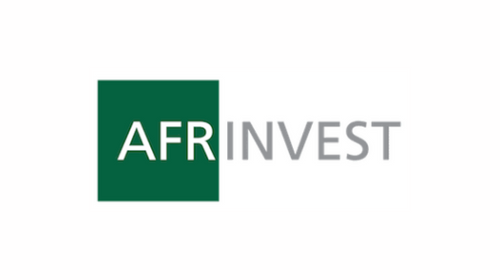The Nigerian federal government’s proposed 2025 budget, themed “Budget of Restoration,” reveals a substantial fiscal deficit and a heavy reliance on borrowing to bridge the gap between projected revenue and expenditure. While the budget anticipates a revenue of N36.35 trillion, primarily driven by improved non-oil revenue streams like taxes, customs duties, and independent revenue from government-owned enterprises, along with oil revenue based on a $75 per barrel benchmark, this still leaves a sizeable N13.39 trillion deficit, representing 3.96% of the nation’s GDP. This deficit is slated to be financed through a combination of domestic and external borrowings, as well as public-private partnerships. However, analysts predict that the actual borrowing requirements may surpass the budgeted amount, potentially reaching N13.7 trillion.
Afrinvest Research, in their 2025 Outlook Report, projects a more challenging fiscal landscape than the government’s official figures suggest. They anticipate the need for at least N13.7 trillion in net issuances to cover the budget deficit. This increased borrowing requirement is based on their analysis of projected cash inflows and outflows related to debt servicing. They foresee significant pressure on the domestic market, particularly as banks navigate recapitalization efforts, potentially creating a strain on system liquidity. Adding further complexity to the situation is the possibility of a Eurobond market outing in 2025, which would increase the nation’s external debt burden.
The analysts’ projections highlight the potential for exceeding planned borrowing levels based on their analysis of anticipated debt market dynamics. They estimate inflows of N28.45 trillion from maturing bills and coupon payments, set against outflows of N37.5 trillion resulting from new debt issuances. This imbalance further emphasizes the anticipated strain on the domestic market, as the government competes with other borrowers for limited funds. The bulk of the expected inflows is predicted to come from treasury bills, followed by Open Market Operations (OMO) sales. The first quarter of 2025 is expected to witness the highest inflow, totaling N9.08 trillion, potentially setting the tone for a year marked by significant liquidity pressures.
Nigeria’s recent return to the international debt market with a $2.2 billion Eurobond issuance underscores the government’s dependence on external financing. While the issuance was oversubscribed, the high coupon rates of 9.625% and 10.375% for the 6.5-year and 10-year tranches, respectively, reflect the perceived risk associated with lending to Nigeria. This reliance on expensive external borrowing adds to the country’s overall debt burden and raises concerns about long-term sustainability.
Economist Dr. Ayo Teriba criticizes the government’s borrowing strategy, highlighting both the quantity and the quality of Nigeria’s debt. He argues that while borrowing is not inherently negative, the government’s approach is inefficient and unsustainable. He points to the high interest rates Nigeria pays on its debt, both domestically and internationally, as evidence of this inefficiency. The fact that a third of the proposed budget is allocated to interest payments underscores the severity of the debt burden and its impact on public finances. Teriba advocates for a more strategic approach to borrowing that considers not only the amount borrowed but also the terms and conditions under which the debt is incurred.
Dr. Teriba champions alternative financing strategies, particularly leveraging the country’s substantial assets through securitization. He proposes exploring equity markets as a viable alternative to debt. He points out that Nigeria supports a thriving equity market yet fails to leverage it for government financing. He argues that issuing equity in state-owned companies, both domestically and internationally, could provide much-needed funds without further increasing the debt burden. This approach would not only diversify the government’s funding sources but also potentially reduce the long-term cost of capital. He previously called for the securitization of Nigeria’s N41 trillion in assets as a means of boosting financial resources available to the federal government. This approach, he argues, would provide a more sustainable and cost-effective way to finance development projects and reduce the reliance on expensive debt.














